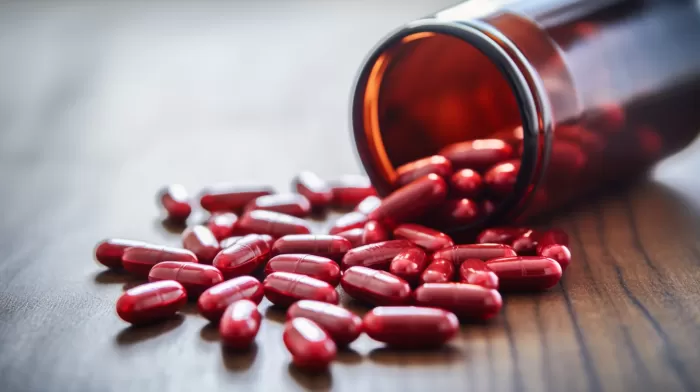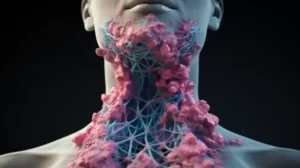Did you know that American women experience three times as many fatigue-related issues as men? Interestingly, iron supplements could be the key to helping young women feel more awake and energized. In a study by Dr. Bernard Favrat of the University of Lausanne in Switzerland, it was discovered that taking iron supplements for 12 weeks significantly reduced fatigue in menstruating, iron-deficient, non-anemic women with ferritin levels below 50 μg/L. How so? Well, let’s delve further into the iron deficiency, and find out how it affects a woman’s energy levels, and how iron supplements can make all the difference.
The Link between Iron and Fatigue
Iron is an essential mineral that plays a vital role in the production of hemoglobin, a protein in red blood cells responsible for transporting oxygen to different parts of our body. When our body lacks sufficient iron, it compromises the delivery of oxygen, leading to fatigue, weakness, and even difficulty concentrating. For women of child-bearing age, iron deficiency is the most common cause of anemia, a condition in which the body lacks enough healthy red blood cells.
There are several reasons why women are more prone to iron deficiency than men. Firstly, menstruating women lose blood every month, which consequently leads to the loss of iron. Secondly, pregnant women require twice the amount of iron due to the increased blood supply to support the growing fetus. Lastly, breastfeeding also contributes to iron deficiency, as mothers pass on their iron supply to their nursing infants.
The Benefits of Iron Supplementation
In Dr. Favrat’s study, 198 menstruating women between the ages of 18 and 50 took daily oral supplements of 80 mg of prolonged-release ferrous sulfate (iron) for 12 weeks. The outcome: these women experienced a remarkable 50% decrease in fatigue levels, a significant difference of 19% compared to those who were given a placebo.
According to the researchers from the University of Lausanne, iron deficiency may be an under-recognized cause of fatigue in women of child-bearing age. By identifying iron deficiency as a potential cause of fatigue, unnecessary health care resources and inappropriate pharmacologic treatments can be avoided, with doctors and their patients being better informed of the available solutions.
How to Choose the Right Iron Supplement
Iron supplements are a great way to boost your energy levels and fight off fatigue, but it’s essential to choose the right one for your body. There are two types of iron supplements: heme iron and non-heme iron. Heme iron is derived from animal sources and is more easily absorbed by the body, while non-heme iron comes from plant sources and has a lower absorption rate.
Before starting on an iron supplement, consult with your healthcare professional to determine your iron needs. They will likely recommend a supplement dosage based on factors such as your age, health, menstruation, and pregnancy status.
Additionally, it’s crucial to be aware of possible side effects and interactions with other medications. Some common side effects of iron supplementation are gastrointestinal issues, such as constipation, nausea, and diarrhea, but these can often be lessened by starting with a low dose and gradually increasing it over time.
Boosting Your Iron Intake through Diet
Besides taking supplements, another approach to addressing iron deficiency is by incorporating iron-rich foods into your daily diet. Here is a list of iron-rich foods that you can try:
- Red meat
- Poultry
- Fish
- Fortified cereals
- Beans
- Lentils
- Tofu
- Green leafy vegetables (e.g., spinach, kale, swiss chard)
- Nuts and seeds
It is also essential to consume vitamin C-rich fruits and vegetables, such as oranges, strawberries, and bell peppers, to help increase the absorption of iron in your body. On the other hand, be mindful that certain substances can inhibit iron absorption, such as calcium (found in dairy products) and the tannins found in tea and coffee.
The Takeaway
Iron deficiency is a common cause of fatigue, especially in menstruating women. By taking iron supplements and incorporating iron-rich foods into your daily diet, you can successfully combat fatigue and improve your overall quality of life. Remember to consult with your healthcare professional before starting any new supplement regimen to ensure you’re taking the best course of action for your unique needs and body.



